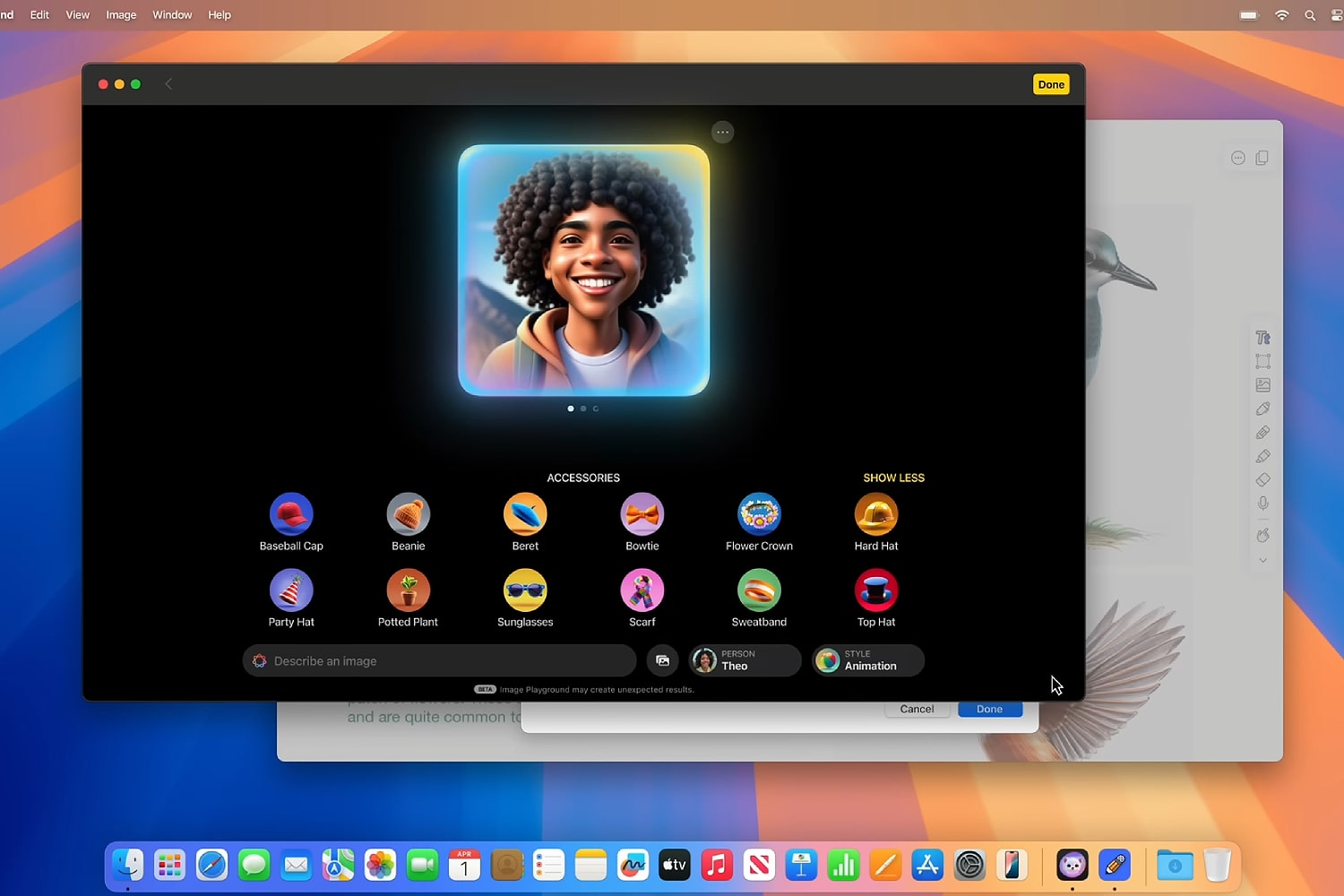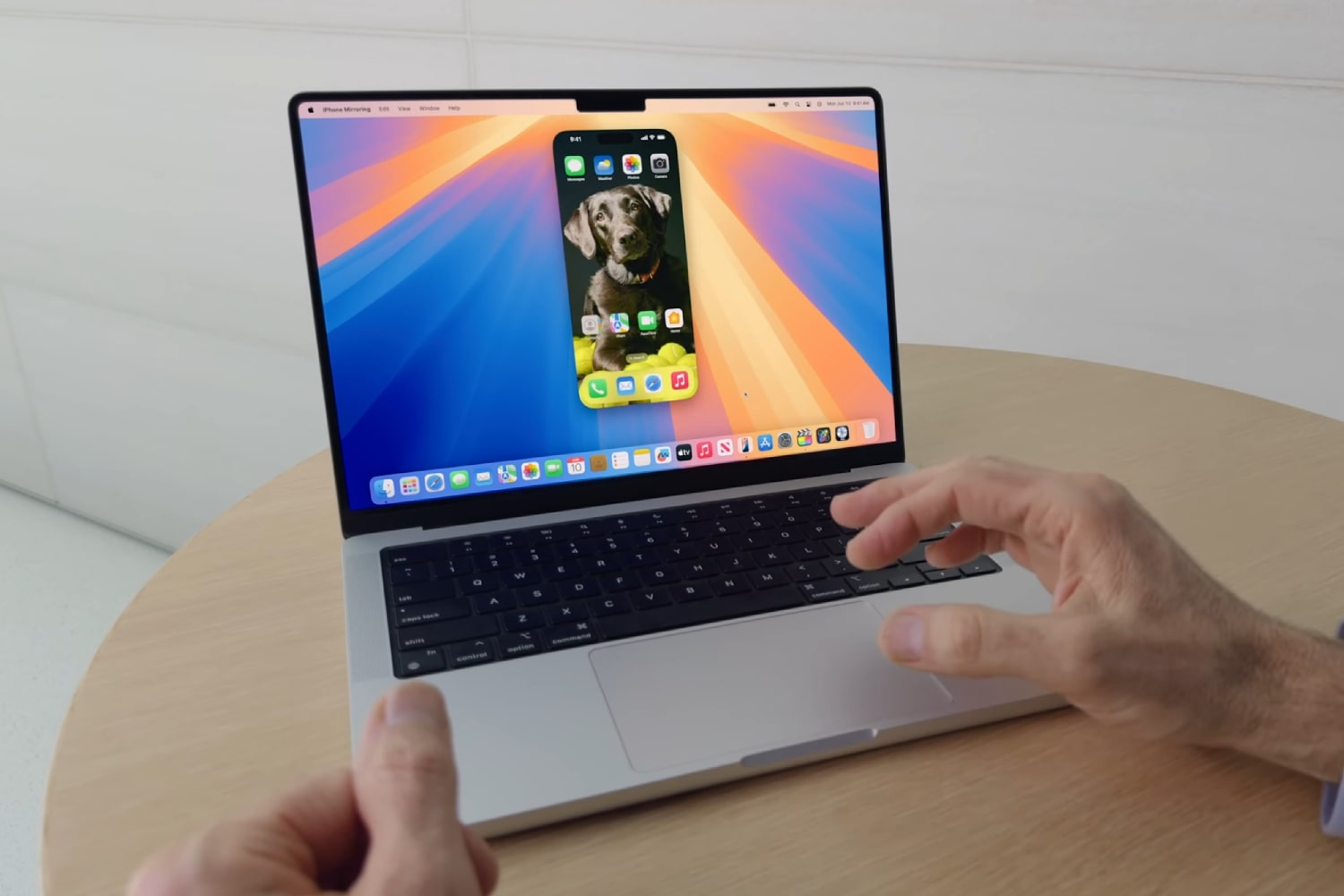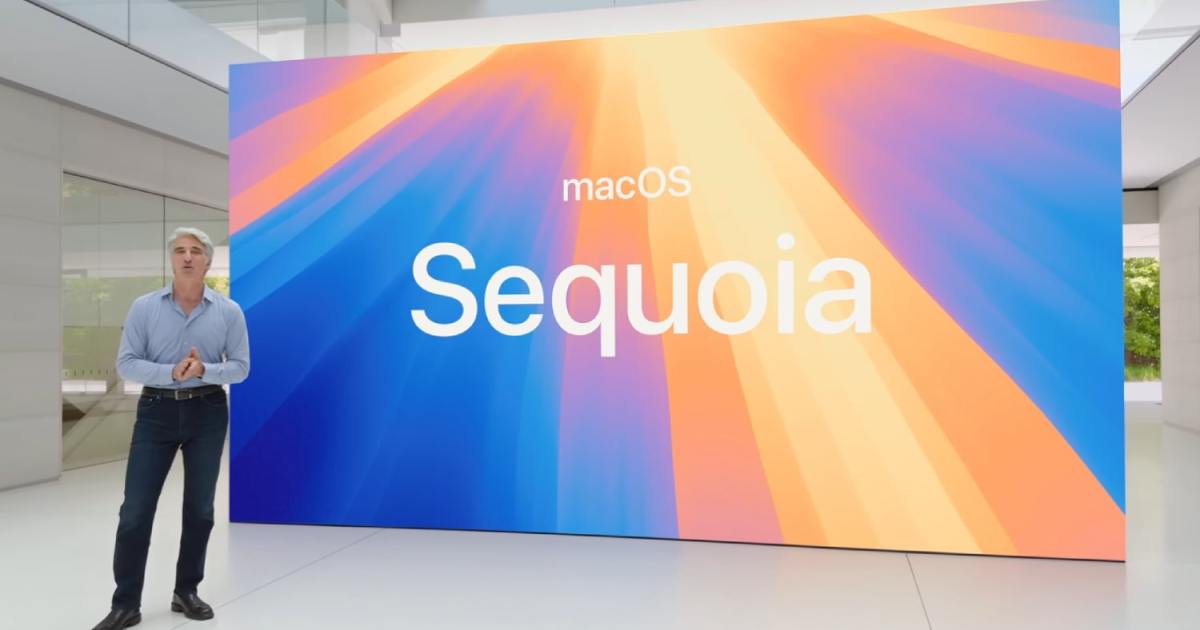Apple’s Worldwide Developers Conference (WWDC) is just around the corner, and anticipation is building for potential Mac announcements. However, one thought keeps surfacing: will Apple Intelligence dominate the entire event, leaving other crucial updates in the shadows?
This year’s WWDC is crucial for Apple Intelligence. Apple needs to not only catch up to competitors like ChatGPT and Google Gemini but also surpass them. They must convince the public that Apple Intelligence is a serious contender in the AI arena.
Success would mean a revitalized Siri with advanced contextual awareness and valuable additions to core Mac apps, enhancing daily workflows. While this transformation is highly anticipated, it’s important that macOS 16 and iOS 19 receive their due attention. These operating systems are the foundation of the Apple experience, and significant upgrades are essential for user satisfaction.
 The Image Playground being used with Apple Intelligence in macOS Sequoia.
The Image Playground being used with Apple Intelligence in macOS Sequoia.
A Familiar Pattern?
This intense focus on AI could lead to other areas being neglected. A similar scenario unfolded with the Vision Pro headset launch, resulting in relatively minor updates to macOS, iOS, and other operating systems. Reports at the time suggested a shift in developer resources towards visionOS. Given the significance of Apple Intelligence and the effort required to enhance it, a similar shift could be happening now.
This would be disappointing, as everyday users are likely to value new operating system features more than AI improvements. Reports indicate that Apple Intelligence hasn’t gained widespread adoption and remains niche compared to the daily-use operating systems. While improvements to macOS and iOS could have a significant impact, Apple’s heavy investment in AI suggests a spotlight on Apple Intelligence at this year’s WWDC.
 The iPhone Mirroring feature from macOS Sequoia being demonstrated at the Worldwide Developers Conference (WWDC) 2024.
The iPhone Mirroring feature from macOS Sequoia being demonstrated at the Worldwide Developers Conference (WWDC) 2024.
Where’s the Magic?
Historically, WWDC has been a platform for Apple to unveil innovative features that define its brand. Universal Control in 2021 was a prime example, captivating audiences with its seamless functionality. Similarly, Continuity Camera and iPhone Mirroring are practical features that enhance the Apple ecosystem.
These everyday features, while less flashy than Apple Intelligence, are integral to the user experience. Without similar “wow” moments, the June 2025 operating system updates risk appearing underwhelming.
A Fresh Coat of Paint
Rumors suggest that macOS 16 may feature a significant redesign, incorporating glass-like effects and rounded buttons inspired by visionOS. The last major visual overhaul for the Mac was with macOS Big Sur in 2020, making a refresh overdue.
This visual update could revitalize the operating system without requiring numerous new features. A fresh look could breathe new life into macOS while maintaining core functionality.
However, the question remains: will this be a substantial update or a cosmetic change to mask a lack of substantive improvements? With the effort required to refine Apple Intelligence, the latter possibility is concerning. Hopefully, these concerns will be alleviated come June 2025.










